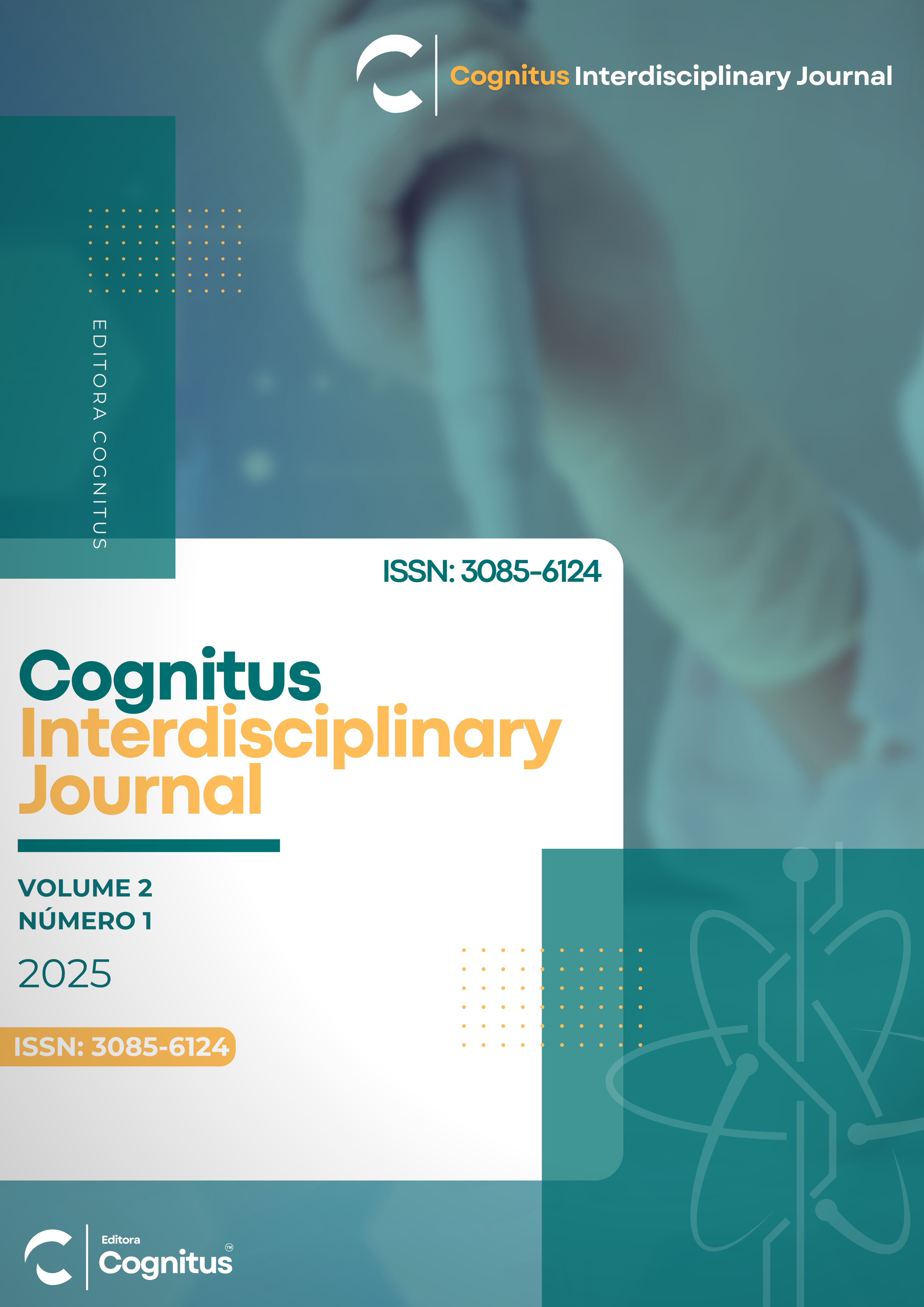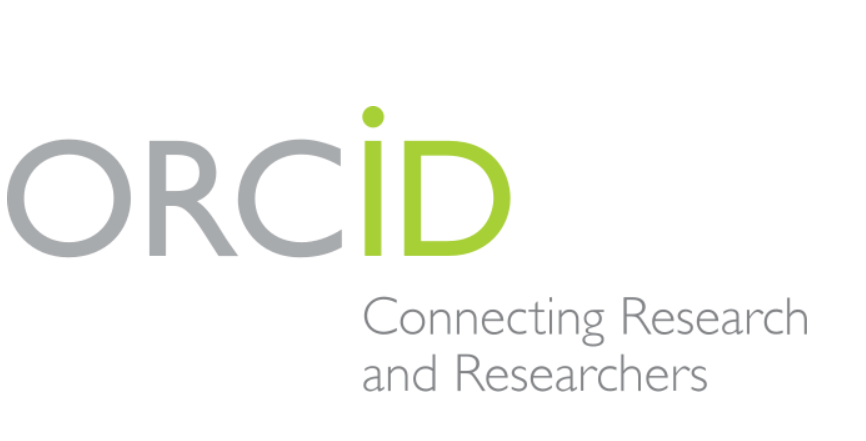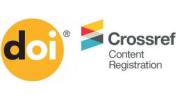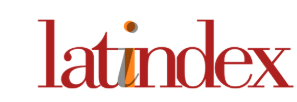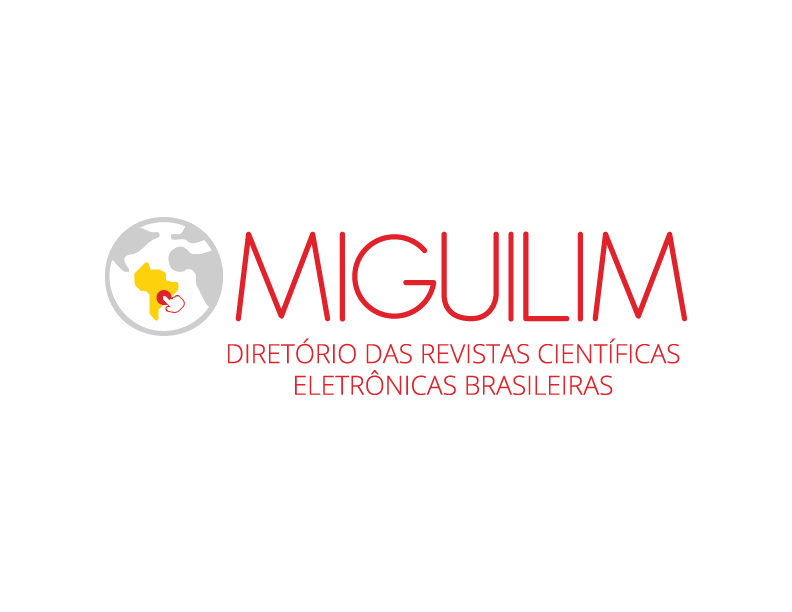The Learning Process Of Preschool Children
DOI:
https://doi.org/10.71248/jwakqp31Palavras-chave:
Aprendizagem, Criança, Educação InfantilResumo
The central theme of this work was to understand how the construction of reading and writing knowledge happens, as well as the development of logical mathematical reasoning by preschool children, based on a pedagogical approach. In this sense, the main objective of the research was to investigate, through a bibliographical review, how playful literacy activities, developed in the context of early childhood education, can favor the learning of reading, writing and mathematics by children in this pre-school age group. school. In view of this, the importance of choosing teaching procedures and organizing learning experiences was observed, where the teacher can allow the early childhood education student to build their autonomy, mediating the discovery of linguistic signs by the student and allowing evolution your knowledge and skills in reading, writing and calculating. Likewise, enabling children to interpret the literate world in their own way, so that they can reconstruct their hypotheses about reality and develop in all aspects. In this way, to elucidate these issues, we sought the theoretical framework of Emilia Ferreiro and Magda Soares, among other scholars on this topic.
Referências
____________. Pedagogy of Autonomy: Knowledge necessary for Educational Practice. São Paulo: Paz e Terra, 1996.
______________. Orality, literacy and literacy. Revista Pátio Educação Infantil - ANO VII-N. 20 Jul/Oct. 2009. Available at: http://falandodospequenos.blogspot.com/2010/04/alfabetizacao-e-letramento-na-educacao.html. Accessed on: 25 Jan. 2025.
ANTUNES, Celso. How to develop content by exploiting multiple intelligences. 8.ed. Petrópolis, RJ: Vozes, 2009.
BRAZIL. National Curriculum Framework for Early Childhood Education. Brasília, MEC/SEF, 1998.
CÓRIA-SABINI, Maria Aparecida. Fundamentals of Educational Psychology. 2.ed. São Paulo, Ática, 1990.
CRAIDY, Carmem Maria. Early Childhood Education and the new definitions in legislation. In: CRAIDY, Carmem Maria, KAERCHER, Cládis Elise P. da Silva (Orgs.). In: Early Childhood Education: what do I want you for? Porto Alegre: Artmed, 2001.
DEMO, Pedro. Desafios modernos da educação. Petrópolis: Vozes, 1993.
FALCÃO, Gérson Marinho. Psychology of learning. 3.ed. São Paulo: Ática, 1986.
FERNÁNDEZ, Alicia. Imprisoned intelligence: a clinical psychopedagogical approach to children and their families. Porto Alegre: Artmed, 1991. 261 p.
FERREIRO, Emilia. With all the letters. São Paulo: Cortez Editora, 2001.
FIORENTINI, Dário; MIORIM, Maria A. A reflection on the use of concrete materials and games in the teaching of mathematics. Boletim SBEM, São Paulo, v. 4, n° 7, p. 4-9, 1996.
FREIRE, Paulo. The importance of the act of reading. São Paulo: Editora Cortez, 1990.
FREITAS, Luiz Carlos. Six theses on education and contemporaneity. Porto Alegre: ENDIPE, 1997, Mimeo.
KAMII, Constance. Children and numbers. 30th ed. Campinas, SP: Papirus, 2002.
KUHMANN JR. Moysés. Childhood and Early Childhood Education: a historical approach. Porto Alegre: Mediação, 1998.
MARINHO, Heloísa. Vida educação leitura: Método natural de alfabetização. São Paulo: Editora Papelaria América, 1981.
MORAES, A. C. Atividades lúdicas na escola de crianças e adultos. Thesis/CFCH /UFRJ, Rio de Janeiro, 1997.
NICOLAU, Marieta Lúcia Machado. Preschool education: Fundamentals and didactics. 3.ed., São Paulo: Ática, 1987.
NOVAES, Maria Helena. Pre-school education: commitment to emerging creative potential. In: BRASIL. Ministério da Educação e Cultura, Secretaria de Ensino de 1° e 2° graus. Texts on pre-school education. 1983.
QUEIROZ, Tânia Dias (Org.). Dicionário Prático de Pedagogia. São Paulo: Rideel, 2003.
REGO, Lúcia Lins Browne. Children's literature: a new perspective on pre-school literacy (Where to start?). 2.ed. São Paulo, 1990.
SANDRONI, Laura C.; MACHADO, Luiz Raul (org.). A criança e o livro: guia prático de estímulo à leitura. 3.ed., São Paulo: Ática, 1991.
SOARES, Magda. Letramento: Um Tema em três gêneros. 2.ed., Belo Horizonte: Autêntica, 2001. 128p.
Downloads
Publicado
Edição
Seção
Licença
Copyright (c) 2025 Cognitus Interdisciplinary Journal

Este trabalho está licenciado sob uma licença Creative Commons Attribution-NonCommercial-NoDerivatives 4.0 International License.

